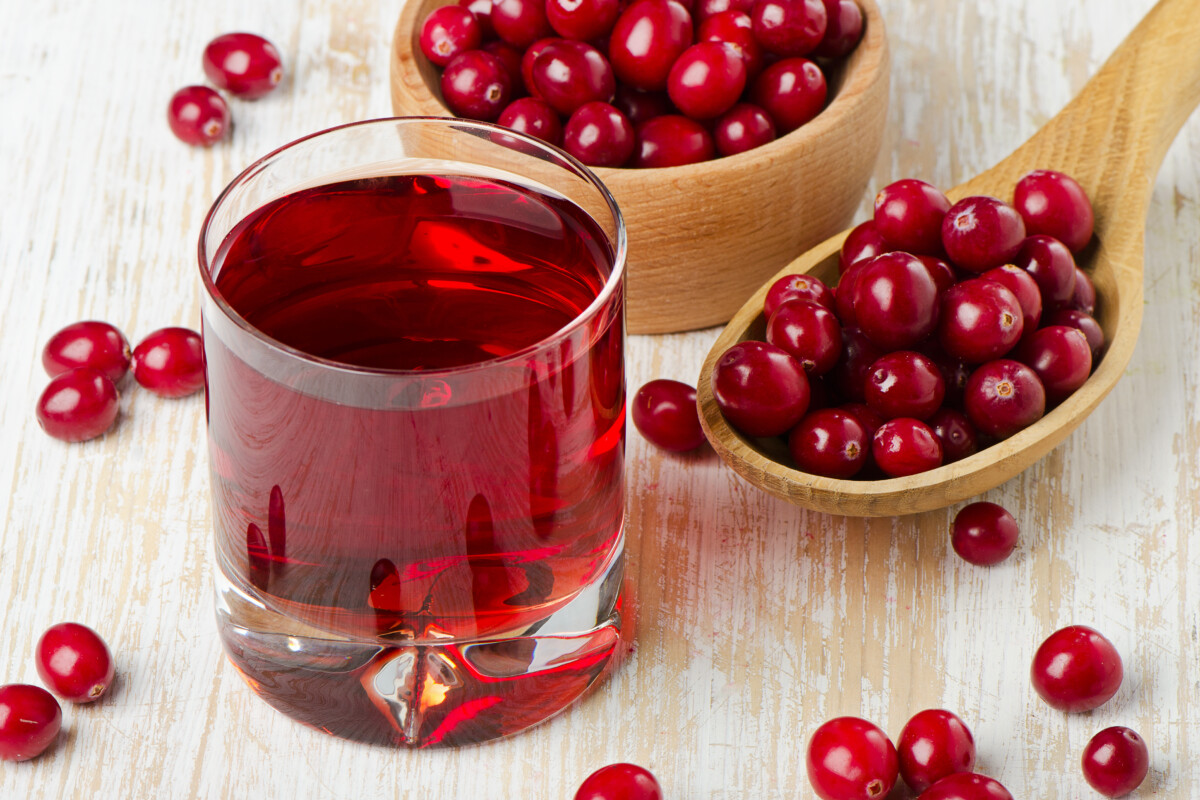Cranberries: Good Eating All Year

Cranberries are the tart, red, marbles of the food world. They are also nutritional and antioxidant powerhouses with many health benefits. While most of us eat them in November and December as part of our holiday celebrations, they make a healthy side dish or cocktail all year long.
Urinary Tract Infection Prevention
In the right concentration, cranberries help prevent E. coli, the bacteria that is usually responsible for urinary tract infections, from attaching to the lining of the bladder or urinary tract. Once someone has a urinary tract infection, cranberries can’t make it go away. They can, however, help prevent it from occurring in the first place.
Stomach Cancer and Ulcer Prevention
Cranberries help prevent cancer in at least two ways. First, they are thought to help prevent H. pylori, the bacteria largely responsible for stomach cancer and ulcers, from attaching to the lining of the stomach. Secondly, they contain powerful antioxidants, which means they help combat the cancer-causing properties of excess free radicals found in the body.
Cranberries and Heart Health
Cranberries help lower blood pressure. They also help combat bad (LDL) cholesterol and encourage the production of good (HDL) cholesterol.
Cranberries and Oral Health
Cranberries help prevent tooth decay and gum disease.
Cranberries and Sugar
The downside of cranberries is that they are so tart most people can only tolerate them if a lot of sugar has been added. Cranberry juice, for instance, usually contains either sugar or corn syrup and other types of juices that are naturally sweet. When eating or drinking cranberry products, consuming too much sugar could cause more health problems than it’s worth.
If cranberry products are diluted with other juices, this also lowers the concentration of the beneficial nutrients found in cranberries. When consuming cranberry products for health reasons, be sure to talk to your healthcare provider so that you know how much of which products to eat or drink.
Cranberry Side Effects
Cranberries contain Vitamin K, which can interfere with blood thinners. They also contain oxalate, which can contribute to the formation of kidney stones. People who are prone to kidney stones, or those who are on blood thinners, should talk to their healthcare provider before adding significant amounts of cranberries to their diet.
